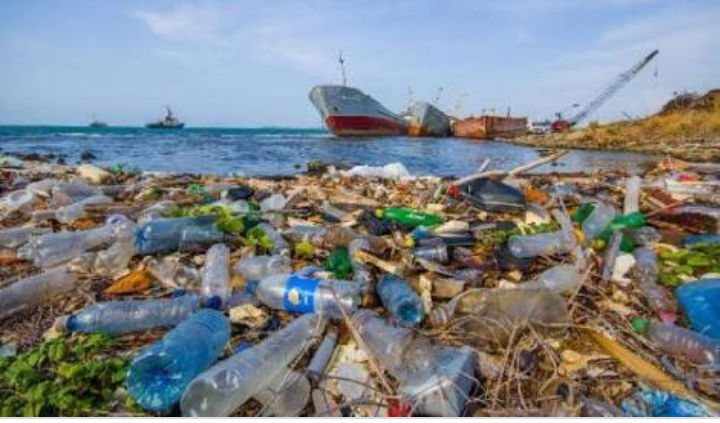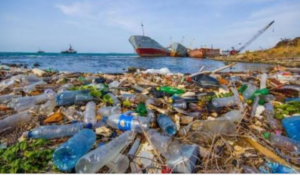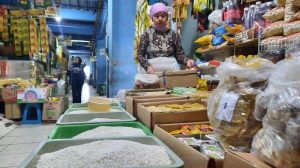Jakarta, MINA – Greenpeace Indonesia proposes excise tax to be imposed on various plastic packaging such as food packaging, beverages, and other daily necessitie
Greenpeace Indonesia assesses the government’s plan to impose excise duty on plastic products as a “bright spot” to control plastic consumption.
Indonesian Ministry of Finance’s proposal to impose excise duty on plastics was approved by the House of Representatives Commission XI on Wednesday, although further discussion is needed regarding the types of plastic products, tariffs, and timing of their implementation.
Greenpeace Indonesia’s urban campaigner Muharram Atha Rasyadi said they had been waiting for a decision like this for a long time.
Also Read: Palestine Solidarity Month 2025: AWG and Indonesian Parliament Hold “Solidarity Run for Palestine”
According to Greenpeace, the consumption of disposable plastics is out of control and cannot be recycled, which has a negative impact on the environment, animal, and human life.
“Through excise duty, the consumption of disposable plastics can be reduced,” Atha said in a written statement on Friday.
Greenpeace proposes that the excise tax be imposed on various plastic packaging such as food packaging, beverages, and other daily necessities.
In addition, Greenpeace has asked the government to ban disposable plastic products such as plastic bags and straws because their use can still be avoided.
Also Read: Online Gambling Transactions Drop 57% Following PPATK–Kominfo Crackdown
According to Atha, the excise tax policy should encourage companies to implement a circular economy that prioritizes reuse and refill.
Because the issue of plastic waste is considered to have reached a critical point, where the capacity of landfills has exceeded capacity.
Plastic waste also pollutes the environment and the government is targeting to reduce plastic waste by 70 percent by 2025.
Indonesia, as a country with a coastline of 99,093 kilometers with a population of 255.46 million people, is the second largest producer of plastic waste in the world after China.
Also Read: 369 Youth Trained by Religious Affairs Ministry as Peer Educators to Prevent Child Marriage
The Indonesian Institute of Sciences (LIPI) notes that there are 0.27 million to 0.9 million tons of waste entering the sea per year through river flows. (T/RE1)
Mi’raj News Agency (MINA)
Also Read: Indonesia Ready to Contribute to Gaza Peace Mission





































 Mina Indonesia
Mina Indonesia Mina Arabic
Mina Arabic